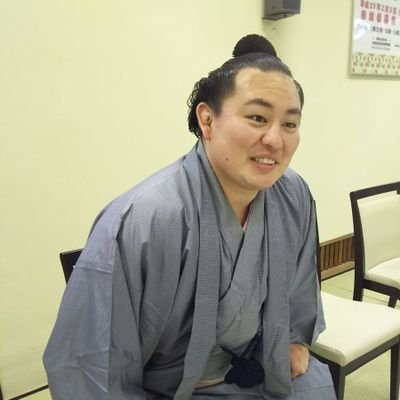In the world of sumo, the phrase “Gottsuan desu” goes far beyond a simple “thank you for the meal.” It embodies gratitude, respect, and camaraderie shared among wrestlers. This article explores the deeper meaning of this phrase, helping beginners and foreigners appreciate why “Gottsuan desu” is more than just a polite expression.
The Origin and Basic Meaning of Gottsuan desu
“Gottsuan desu” dates back to the Edo period of sumo culture. Originally, it was a colloquial version of “gochisousama desu” (thank you for the meal), used by rikishi (sumo wrestlers) after meals to express thanks. Since sumo stables traditionally eat together after a day of training, the phrase naturally became part of daily interactions.
Today, it is no longer limited to meal-time gratitude. It has evolved into a phrase that means “thank you” and “good work”, carrying a much broader meaning. It is most often exchanged after training or matches, strengthening the bonds between wrestlers.
Nuances and Usage of Gottsuan desu
The meaning of “Gottsuan desu” changes depending on the situation. The table below summarizes its different uses.
| Situation | Meaning | Nuance |
|---|---|---|
| After meals | Thank you for the meal | Gratitude to the cook or provider |
| After training | Thank you | Appreciation to a training partner |
| After a bout | Good work | Respect and encouragement to an opponent or peer |
| Everyday greeting | Hello / Thanks | Casual interaction among friends |
Thus, “Gottsuan desu” has become a versatile greeting in the world of sumo.
Etiquette in Sumo and Gottsuan desu
Sumo is a culture where etiquette is deeply valued. Hierarchies are strict, and speech and behavior are carefully observed. Within this context, “Gottsuan desu” is often used toward senior wrestlers or coaches as a mark of respect.
For example, when a new recruit enters a stable, one of the first things they are taught is how to use “Gottsuan desu” properly at meals or after training. This is not just a formality but also a way to develop a spirit of gratitude.
The table below shows how “Gottsuan desu” is applied in daily life at a sumo stable.
| Situation | Addressed to | Meaning |
|---|---|---|
| After meals | The cook or attendants | Thank you for the meal |
| After training | Training partners or seniors | Thank you very much |
| Daily interactions | Coach or fellow rikishi | Gratitude or appreciation |
Gottsuan desu for Foreign Wrestlers
Many foreign wrestlers join sumo stables, and “Gottsuan desu” is often one of the very first Japanese expressions they learn. This is because it is easy to pronounce, useful in many situations, and expresses both gratitude and respect.
Once foreign wrestlers can use “Gottsuan desu” naturally, it becomes much easier for them to build trust within the stable. The following table shows the stages of learning this phrase.
| Learning stage | Expression | Meaning |
|---|---|---|
| Beginner | Gottsuan desu | Thanks after a meal |
| Intermediate | Gottsuan desu (after training) | Expression of gratitude |
| Advanced | Gottsuan desu (multi-purpose) | Greeting, thanks, or encouragement |
Through this process, foreign wrestlers not only learn the language but also adapt to sumo culture itself.
Gottsuan desu and Its Connection to Japanese Culture
“Gottsuan desu” is closely related to the Japanese cultural value of gratitude. In Japan, people say “itadakimasu” before meals and “gochisousama” afterward. Similarly, in sumo, “Gottsuan desu” serves to express respect and thankfulness.
It goes beyond etiquette—it reflects a way of thinking where daily interactions are built on appreciation for others. The table below illustrates how the phrase connects to broader Japanese customs.
| Japanese custom | Expression in sumo | Shared meaning |
|---|---|---|
| Itadakimasu | Bow before training | Respect for others |
| Gochisousama | Gottsuan desu | Gratitude |
| Otsukaresama | Greeting after matches | Appreciation / recognition |
Conclusion
The phrase “Gottsuan desu” is more than a mealtime expression in sumo. It is a word that conveys gratitude, respect, and encouragement, making it a vital part of sumo culture.
For beginners and foreigners, understanding and using this phrase is the first step toward appreciating the deeper cultural aspects of sumo. Moreover, by using it sincerely, one can also gain insight into the Japanese spirit of gratitude, which goes far beyond the wrestling ring.





コメント